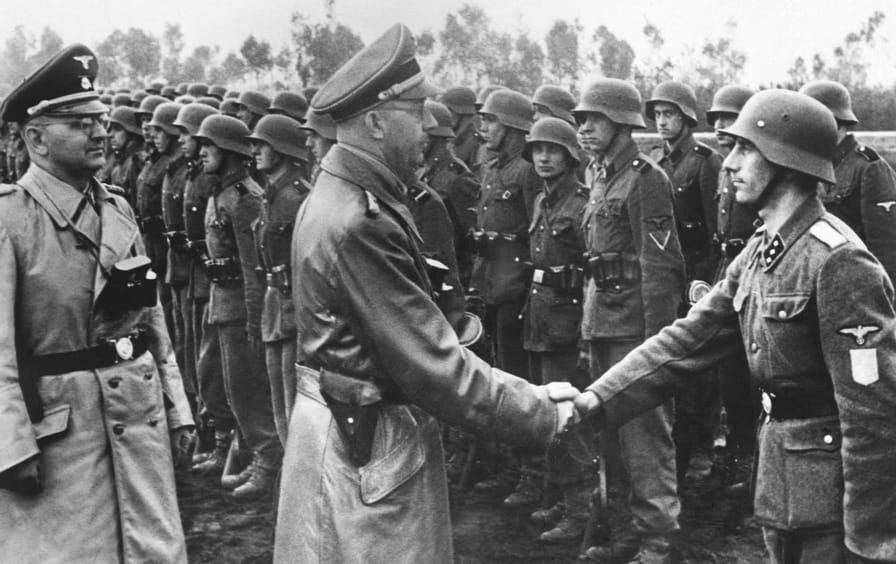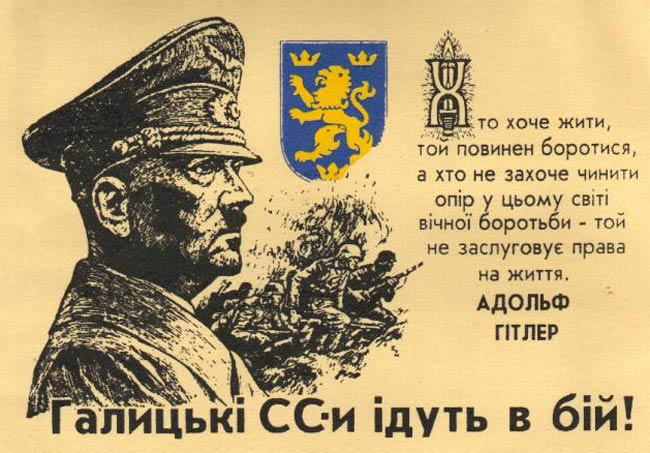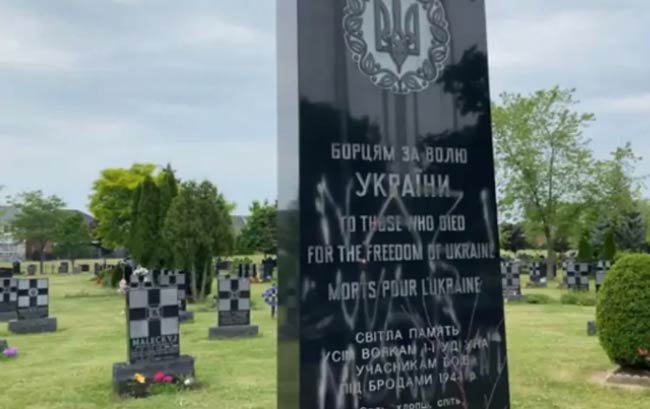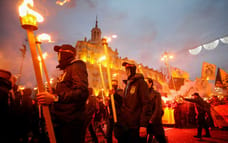Robert Habeck said supporters of climate action must have the most compelling arguments
 Robert Habeck giving a speech at a Green party rally in June.
Robert Habeck giving a speech at a Green party rally in June. Is the world’s most powerful green politician doomed to fail?
Philip Oltermann in Berlin
Philip Oltermann in Berlin
THE GUARDIAN
Tue 26 Sep 2023
Germany’s vice-chancellor has called on supporters of environmental reforms to shed their reputation for “moral superiority” and focus on having “the better arguments” amid a backlash against climate policies across Europe.
Robert Habeck, the minister for economic affairs and climate action and a leading Green politician, said environmental parties had to push back against their instincts if they wanted their climate agenda to succeed in the long run.
Historically, he said, the Greens’ problem was “the allegation – and with every allegation that sticks there is a grain of truth – of moral superiority, of always knowing it best”.
“That’s something that dates to the green movement’s origins. To survive as a grassroots movement you have to claim to have access to some higher form of truth that others don’t. But as we Greens are transitioning to something with a broader political appeal, we are working to reduce that claim to truth and have the better arguments instead.”
Habeck’s struggles mirror similar developments in the Netherlands, where anger at plans to cut nitrogen pollution led to a shock poll win for a new farmers’ protest party, and Britain, where the prime minister, Rishi Sunak, last week announced a U-turn on some of the government’s climate commitments.
Habeck proved his ability and popularity in managing the 2022 energy crisis, but has recently struggled in his effort to overhaul Germany’s fossil fuel-reliant heating sector.
A proposed ban on the installation of conventional new gas or oil heating systems from 2024, drawn up by Habeck’s ministry, came under fire this year and was only approved earlier this month after a protracted period of government infighting.
In a wide-ranging interview, Habeck also defended the decision to pay the energy-intensive German industrial sector large subsidies to smooth its transition to green technologies.
“Our economy is changing,” Habeck said. “But it doesn’t mean we should willingly accept the loss of our old strengths, namely energy-intensive industries like steel or the chemical industry.”
In July, the EU gave Germany the green light to pay steel giant Thyssenkrupp €2bn (£1.7bn) of state subsidies for its proposed climate-neutral plant in Duisburg.
“If we want economic security, we need those industries,” said Habeck, a former Green party leader, who has governed in a three-party coalition with Olaf Scholz’s Social Democrats and the liberal FDP since December 2021.
Germany’s vice-chancellor has called on supporters of environmental reforms to shed their reputation for “moral superiority” and focus on having “the better arguments” amid a backlash against climate policies across Europe.
Robert Habeck, the minister for economic affairs and climate action and a leading Green politician, said environmental parties had to push back against their instincts if they wanted their climate agenda to succeed in the long run.
Historically, he said, the Greens’ problem was “the allegation – and with every allegation that sticks there is a grain of truth – of moral superiority, of always knowing it best”.
“That’s something that dates to the green movement’s origins. To survive as a grassroots movement you have to claim to have access to some higher form of truth that others don’t. But as we Greens are transitioning to something with a broader political appeal, we are working to reduce that claim to truth and have the better arguments instead.”
Habeck’s struggles mirror similar developments in the Netherlands, where anger at plans to cut nitrogen pollution led to a shock poll win for a new farmers’ protest party, and Britain, where the prime minister, Rishi Sunak, last week announced a U-turn on some of the government’s climate commitments.
Habeck proved his ability and popularity in managing the 2022 energy crisis, but has recently struggled in his effort to overhaul Germany’s fossil fuel-reliant heating sector.
A proposed ban on the installation of conventional new gas or oil heating systems from 2024, drawn up by Habeck’s ministry, came under fire this year and was only approved earlier this month after a protracted period of government infighting.
In a wide-ranging interview, Habeck also defended the decision to pay the energy-intensive German industrial sector large subsidies to smooth its transition to green technologies.
“Our economy is changing,” Habeck said. “But it doesn’t mean we should willingly accept the loss of our old strengths, namely energy-intensive industries like steel or the chemical industry.”
In July, the EU gave Germany the green light to pay steel giant Thyssenkrupp €2bn (£1.7bn) of state subsidies for its proposed climate-neutral plant in Duisburg.
“If we want economic security, we need those industries,” said Habeck, a former Green party leader, who has governed in a three-party coalition with Olaf Scholz’s Social Democrats and the liberal FDP since December 2021.
Even though Germany fell into a recession last winter, and its economy has stagnated since, Habeck insisted that the country would regain its status as the EU’s economic powerhouse.
“It won’t be an industrial nation like in the 1960s, when you couldn’t hang out your washing in the Ruhr valley because the soot turned everything black. But yes, we will have a highly productive, digital, renewable economy,” he said.
“Other regions are powering on too, but we will have many leading businesses and Germany will have renewed its prosperity.”
“It won’t be an industrial nation like in the 1960s, when you couldn’t hang out your washing in the Ruhr valley because the soot turned everything black. But yes, we will have a highly productive, digital, renewable economy,” he said.
“Other regions are powering on too, but we will have many leading businesses and Germany will have renewed its prosperity.”
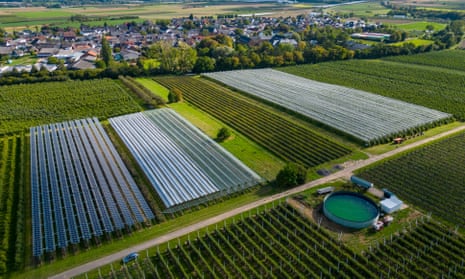
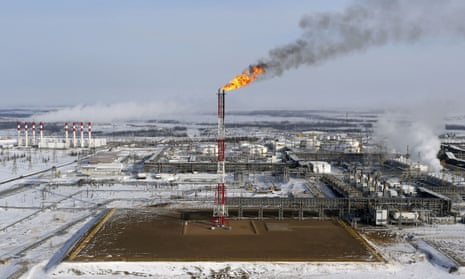
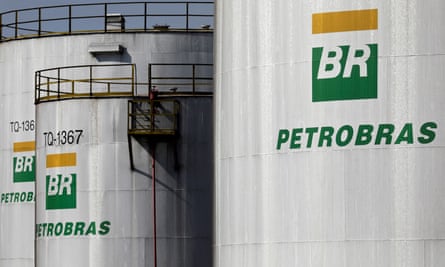


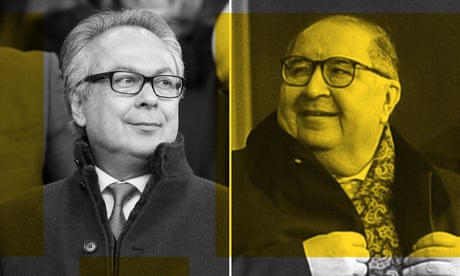

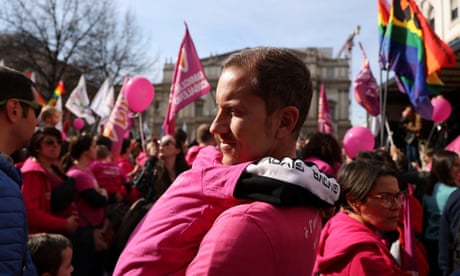


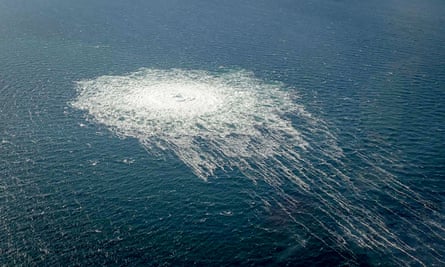




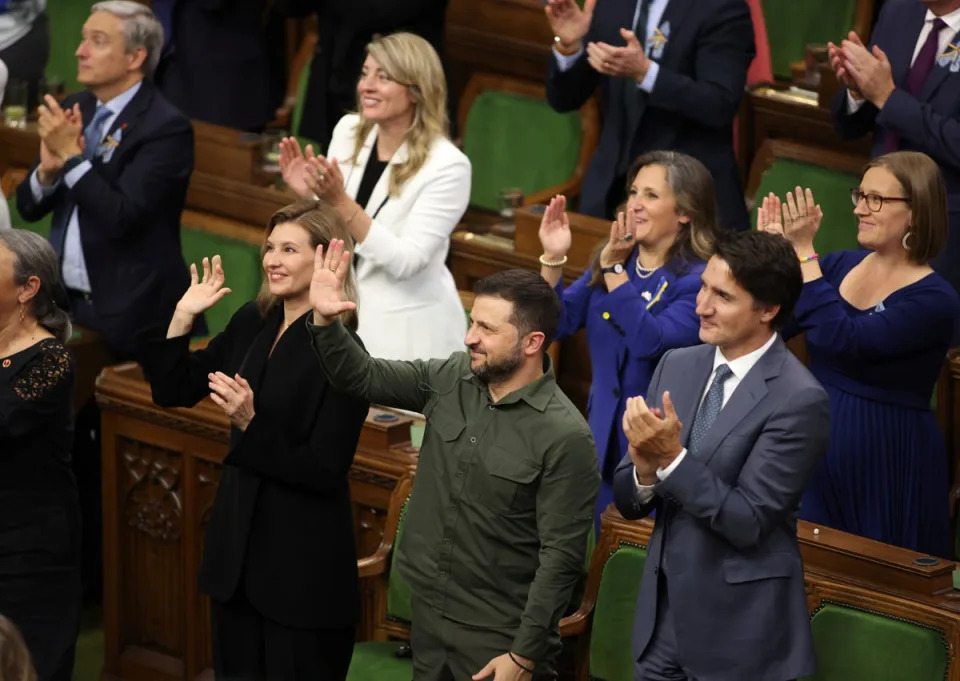
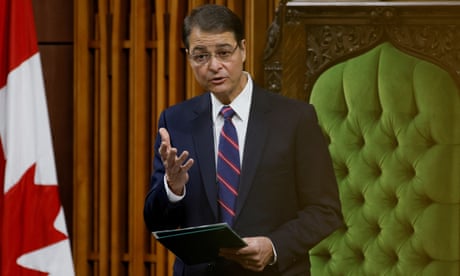
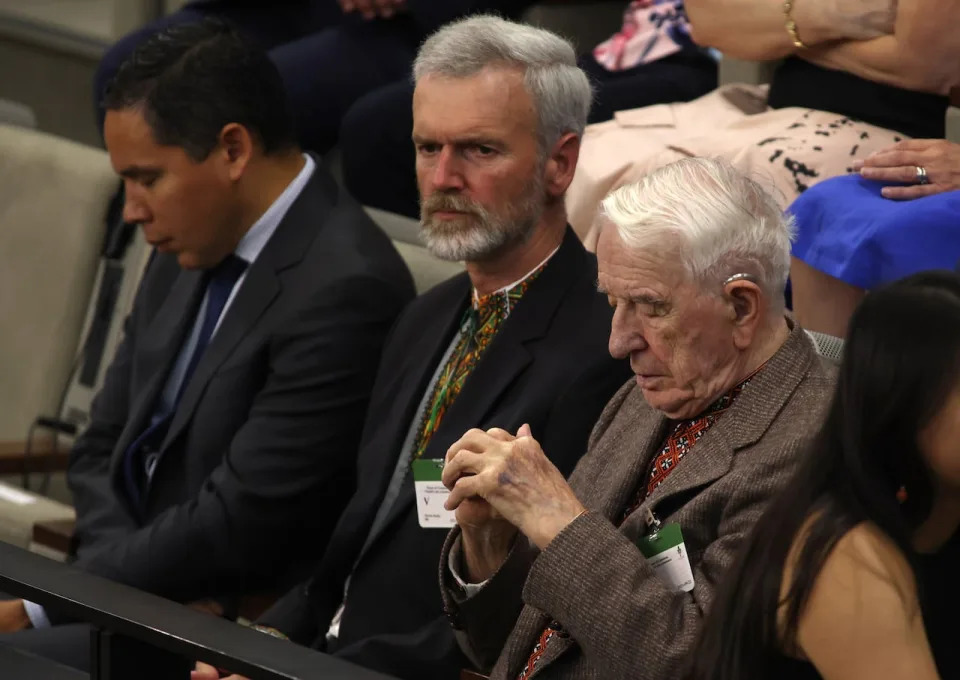
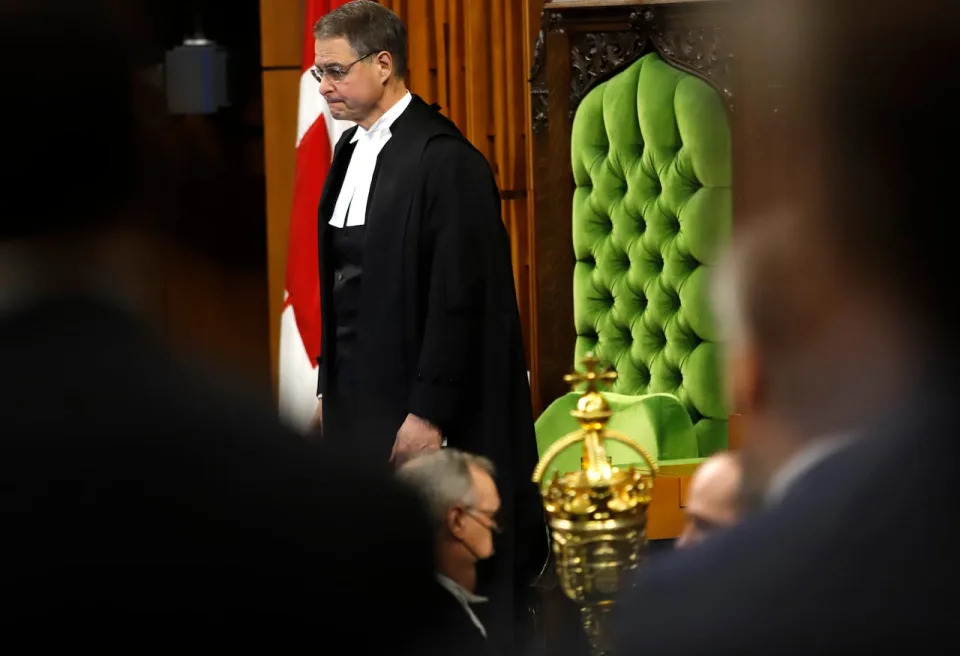



 Share The Maple on
Share The Maple on  Make a
Make a  Sharing is caring - forward this newsletter to a friend and encourage them to subscribe today! (Hint: you can
Sharing is caring - forward this newsletter to a friend and encourage them to subscribe today! (Hint: you can  Prefer listening to your news? Check out our podcast
Prefer listening to your news? Check out our podcast 